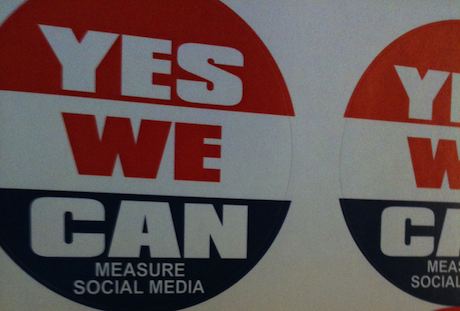When Old Marketing Principles Still Apply

According to Econsultancy’s latest Social Media and Online PR Report, 76% of companies don’t have an ROI figure for their social media spend.
This means that – shockingly – fewer than 1 in 4 companies actually know when their social media activities have been worth the money they’ve spent on them. Even more amazingly, only 7% of firms actively integrate their television and radio campaigns with their social media activities.
I know I should be surprised at these figures, but it more or less bears out what we encounter on a daily basis when talking to new clients. If anything, these results evoke a sense of déjà vu from the earliest days of online advertising.
When companies first started to spend money on online adverts (and by this I mean the earliest forms of crude banner ads), no-one truly had a sense of what they were paying for. Firms used different metrics and terminology and you were lucky if you grasped the difference between unique page views, clicks and impressions.
The internet was the wild frontier of advertising – one of our team even remembers staff at a big international ISP being told to refresh pages and click on the ads in order to get the stats up for an advertiser before the end of the month.
Gradually though the industry became more professional, standards were defined, and after a little while marketers began to truly understand that many of the traditional ways of measuring and tracking results could be applied to online – but with greater accuracy and precision. As a consequence online advertising in the UK rapidly caught up with, and then overtook, other traditional advertising sectors.
These days pretty much all marketers have a grasp of how they can use “traditional” online advertising, though when it comes to anything involving Social CRM and implementing it as part of an integrated multi-channel campaign it seems like a return to the bad old days of blank looks and nervously shuffled feet.
A key element of Neoco is providing ROI from all our activity. It’s crazy to think that in an age of unparalleled accountability through stats, metrics and analytics, so many marketing people fail to apply basic principles of marketing.
Photo (cc) Wayne Sutton


